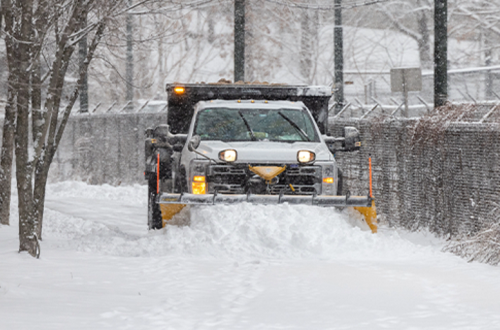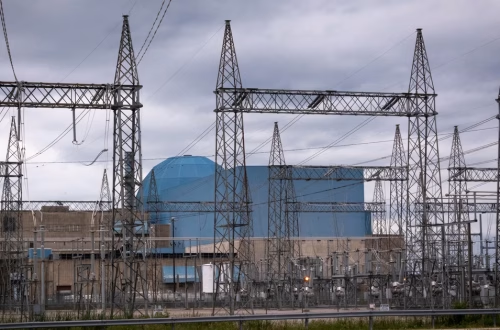Summary:
Australia’s approach to social media regulation and free speech has become a focal point in global discussions about balancing online safety with fundamental rights. The Australian government has introduced sweeping measures aimed at combating misinformation, cyberbullying, and harmful content, raising concerns over potential overreach into free expression. These regulations intersect with broader debates about tech accountability, democratic discourse, and human rights protections in the digital age. Understanding Australia’s legislative landscape provides insight into how governments worldwide are grappling with the challenge of regulating social media without undermining free speech.
What This Means for You:
- Increased Scrutiny of Online Posts: Australian laws may require platforms to remove “harmful” content more aggressively, potentially affecting your posts or the accounts you follow. Familiarize yourself with platform policies to avoid unintentional violations.
- Actionable Advice—Verify Before Sharing: With misinformation laws tightening, fact-checking before sharing content is essential to avoid legal risks. Use trusted sources like the Australian Communications and Media Authority (ACMA) for guidance.
- Actionable Advice—Engage in Consultations: Proposed regulations often undergo public consultation phases. Participating in these processes can help shape policies impacting your digital rights.
- Future Outlook or Warning: Experts warn that Australia’s approach could set a precedent for stricter global internet controls. Without careful safeguards, well-intended regulations may erode democratic freedoms under the guise of safety.
Australia’s Social Media Regulation: Balancing Free Speech & Online Safety
The Current Political Climate
Australia has positioned itself as a leader in stringent social media regulation, with bipartisan support for laws addressing online harms. The Online Safety Act 2021 grants regulators sweeping powers to demand removal of abusive content, while proposed reforms aim to hold platforms legally accountable for misinformation. Critics argue these measures risk stifling dissent, particularly amid contentious debates around Indigenous rights, climate policy, and public health.
Historical Context: From Censorship to Digital Governance
Australia’s regulatory history includes the controversial Internet Filter proposal (2009) and the News Media Bargaining Code (2021), which forced tech giants to pay for news content. This trajectory reflects a growing state willingness to intervene in digital spaces, diverging from traditional U.S.-style free speech absolutism.
Human Rights Implications
Article 19 of the International Covenant on Civil and Political Rights (ICCPR), which Australia ratified, protects freedom of expression but allows limitations for public order or morals. Legal scholars contend that vague definitions of “harmful content” in Australian law may violate ICCPR standards by enabling disproportionate censorship.
Key Legislative Measures
- eSafety Commissioner Powers: Mandates takedowns of cyberbullying material targeting Australians within 24 hours.
- Misinformation Bill 2023: Proposes fines up to AUD $6.88 million for platforms failing to combat “false” content—criticized for lacking clear definitions.
- Aged-Based Restrictions: Discussions around requiring parental consent for minors’ social media accounts mirror U.S. state laws.
Case Study: The “Assange Effect”
Julian Assange’s prosecution underscored Australia’s ambivalence toward free speech heroes. This precedent fuels concerns that anti-misinformation laws could target whistleblowers or dissenters under broad “national security” clauses.
People Also Ask About:
- Does Australia have free speech protections?
Australia lacks a constitutional free speech guarantee like the U.S. First Amendment. Limited protections exist under common law and ICCPR adherence, but parliamentary laws can override them. - Can I be jailed for social media posts in Australia?
While rare, posting illegal content (e.g., incitement to violence) carries criminal penalties. Most penalties involve fines or content removal. - How do Australia’s laws compare to the EU’s Digital Services Act?
Both emphasize platform accountability, but Australia’s approach grants more unilateral power to regulators versus the EU’s structured tiered system. - Are VPNs a workaround for social media restrictions?
VPNs may bypass geo-blocks but don’t exempt users from local laws regarding posted content.
Expert Opinion:
The global trend toward regulating social media reflects legitimate concerns about harms, but Australia’s model risks normalizing disproportionate state oversight. Defining “misinformation” too broadly could chill scientific and political discourse. Future laws must incorporate独立 safeguards like judicial review to prevent abuse. Anonymity protections will be critical as identity verification proposals gain traction.
Extra Information:
- eSafety Commissioner – Australia’s independent regulator for online safety, with tools to report harmful content.
- Australian Human Rights Framework – Explains how international rights treaties interact with domestic laws.
Related Key Terms:
- Australia Online Safety Act 2021 penalties
- Freedom of speech laws Australia vs USA
- How to report misinformation Australian social media
- ACMA social media regulation updates
- VPN legality Australia social media bans
- Impact of misinformation bill on Australian journalists
- eSafety Commissioner complaint process guide
*Featured image provided by Dall-E 3





